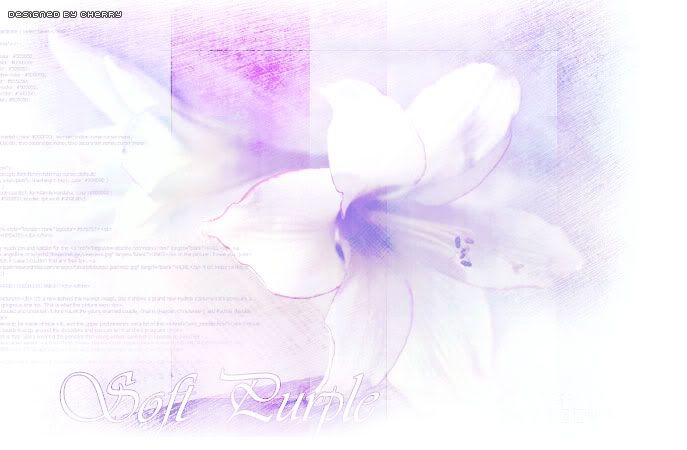
Wednesday, April 27, 2005
Beware of exaggerating in praising!
Al-Bukhaari reported that Abu Moosa (may Allaah be pleased with him) said: "The Prophet (peace and blessings of Allaah be upon him) heard a man praising another man and going to extremes in that. He said, 'You have destroyed him' or 'You have broken the man's back.'" (Fath 2663). (narrated by Bukhari Volume 8,Book 73, Number 86)
A man was mentioned before the Prophet and another man praised him greatly The Prophet said, "May Allah's Mercy be on you ! You have cut the neck of your friend." The Prophet repeated this sentence many times and said, "If it is indispensable for anyone of you to praise someone, then he should say, 'I think that he is so-and-so," if he really thinks that he is such. Allah is the One Who will take his accounts (as He knows his reality) and no-one can sanctify anybody before Allah." (Khalid said, "Woe to you," instead of "Allah's Mercy be on you.")
The Prophet (peace and blessings of Allah be upon him) explained that exaggeration when praising someone is a mistake which can have bad consequences. It may make the person who is praised feel proud, so that his heart is filled with arrogance and self-admiration, and he rests on his laurels or starts to show off because he enjoys the praise so much. This in turn may lead to his ultimate doom, which is what the Prophet (peace and blessings of Allaah be upon him) meant when he said, "You have destroyed him," or "You have cut the man's throat," or "You have broken the man's back."
Moreover, if a person goes to extremes in praising someone, and says something he is not certain of, or affirms something he could not possibly know, or maybe even tells lies or says something to please the person he is praising, this will be a disaster, especially if the person he is praising is an oppressor or wrongdoer. (See al-Fath, 10/478).
Generally speaking, it is not forbidden to praise people. The Prophet (peace and blessings of Allah be upon him) praised some people in their presence. An important explanation of this topic is to be found in Saheeh Muslim, where there is a chapter entitled Baab al-Nahy `an al-Madh idhaa kaana feehi ifraat wa kheefa minhu fitnatan `ala'l-mamdooh (Chapter: Prohibition of praisingothers if it is exaggerated or if there is the danger of fitnah for the one who is praised). (Kitaab al-Zuhd wa'l-Raqaa'iq, SaheehMuslim).
The person who sees himself as falling short will not be damaged by praise, and if he is praised he will not become arrogant, because he knows his own true nature. Some of the salaf said: "If a man is praised to his face, let him say: 'O Allah, forgive me for what they do not know, do not hold me responsible for what they say, and make me better than what they think." (Fath, 10/478)
+ asma'hatta @ 5:14 PM 0 comments
Comments:
Post a Comment